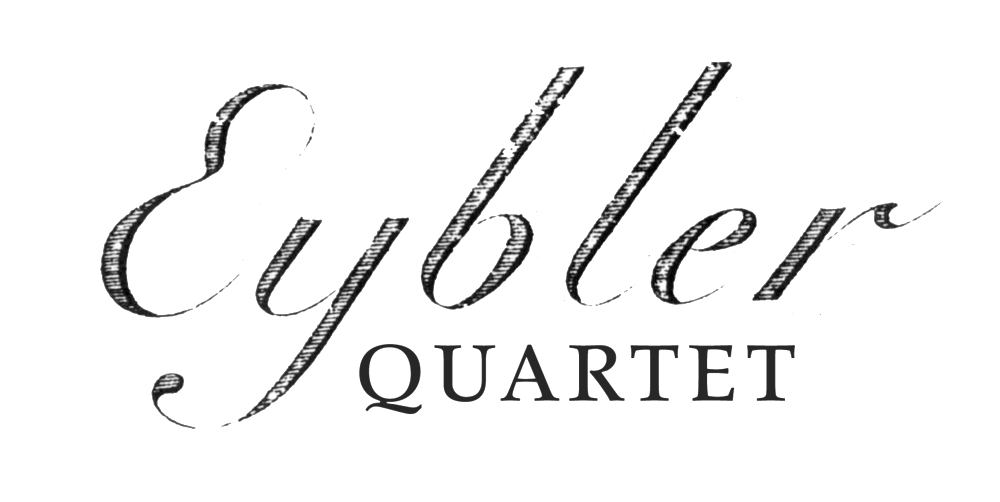Patrick Jordan: How did you stumble on Franz Weiss? What is so remarkable about him that has inspired you to dedicate so much time and energy to his Op. 8 quartets?
Mark Ferraguto: I had done a bit of research on the Beethoven Razumovsky quartets and published a couple of articles on how those quartets were written to appeal to Razumovsky’s particular sensibility. To give some context, Count Andrey Razumovsky was the Russian ambassador living in Vienna, who in 1803 had a magnificent palace constructed in a suburb of Vienna adjacent to the Danube canal. He hired the well-known violinist Ignaz Schuppanzigh in 1805, and the violist Franz Weiss in 1807, and by 1808 he assembled what he called “the first string quartet of Europe”. It would ultimately become known as the Schuppanzigh Quartet and Beethoven worked with that group for 20 odd years. Weiss was an active part of that musical community, and served Razumovsky for ten years, living in quarters across the street from the palace. As a chamber musician, he would have played at ballroom dances, concerts, and possibly diplomatic events, and in 1814 he dedicated a set of quartets to Razumovsky as Beethoven had done in 1808 – those three of Op. 59 are the well-known ones. There were a couple of other composers who dedicated quartets to Razumovsky as well, including Louis Spohr and Franz Krommer. I got interested in Weiss and the palace and it struck me that nothing has been written about these pieces nor do they exist as a modern edition. As I delved into the score I thought, “Wow!! These are really interesting!” And unlike a lot of other music written at this time quite innovative and ambitious in their musical character.
PJ: Could you say a bit more about Count Razumovsky’s particular taste and how these quartets might reflect his sensibility?
MF: Razumovsky was born in Ukraine to a prominent family. His father was Hetman of Ukraine, something like the Prime Minister or head of state of Ukraine, although Ukraine was considered part of the Russian Empire at the time. While he had that Russian element to his character, in matters of taste he was thoroughly European. He spoke and communicated primarily in French, and his musical tastes were very up to date. In fact, he and his wife were on the list of subscribers to Beethoven’s Op. 1 Piano Trios, published in 1795. He was a connoisseur of music, very interested in the most modern and up-to-date composers and trends and travelled in Italy as well. He wrote back to the Russian court with reports about the musical scene, so was in some sense a music correspondent as well as diplomat. He sent back the latest scores and in one case he even sent back some Italian violin strings he had purchased in Vienna. I think his drive to assemble the best string quartet in Europe is a reflection of his cosmopolitan European tastes.
PJ: We performed the Finale of Weiss’ Op. 8 no. 2 recently, and I introduced the piece to the audience as “experimental music” given the period of its composition and publication. Would you agree with that characterization?
MF: Totally!! It’s very experimental as are the Beethoven Razumovsky quartets. Another thing about the Weiss quartets, and perhaps a reason why they didn’t sell very well is that they’re very challenging to play. It’s not the kind of music you would write for an amateur quartet, and there was a thriving domestic amateur quartet market – people would get together to do that on a regular basis, and there’s music intended for that audience. These have the stamp of having been written for Schuppanzigh Quartet and are in some sense mementos of that ensemble, and more to connoisseurs of the genre rather than the average amateur quartet.
PJ: So, in the category of “don’t try these at home, kids!”?
MF: (Laughs) Absolutely!
